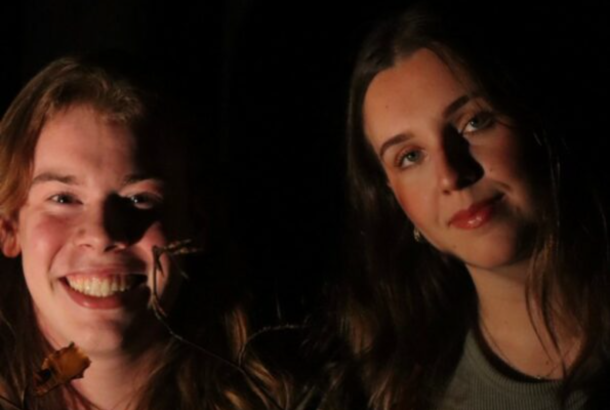People and Planet UoM form alliance to remove BP’s influence over three universities

People and Planet UoM have made plans to collaborate with the University of Cambridge and Imperial College London branches to fight BP’s influence over the three universities.
These universities are funded directly by BP through the International Centre for Advanced Materials (ICAM), which was set up by BP in 2012. ICAM is situated on the University of Manchester Campus and received 5 million pounds of joint funding from BP and Engineering and Physical Sciences Research Council (EPSRC) in 2017.
UoM People and Planet Secretary, Daniel Johnson, explained that “this funding is different from shares, this is funding BP gives the universities directly”. People and Planet say that this complicates the university’s ability to divest their shares in fossil fuel companies, as doing so would risk BP withdrawing their funding from the university.
“If we can get BP off campus then that means we have a better chance of getting divestment” said Treasurer Kayleigh Crawford.
People and Planet are a nationwide student organisation campaigning for universities to divest their investments in fossil fuel companies. They have been successful in pressuring almost half of UK universities to do so. However, the University of Manchester still invests in fossil fuels, although their website says that, “We are at the forefront of the search for solutions to some of the world’s most pressing problems, including carbon reduction and climate change, and we are pioneering the energy systems of the future so that we can continue to heat our homes, light our buildings and travel”.
BP’s direct funding of the university makes it difficult for People and Planet to achieve their divestment aims. “The shares the University has are just the tip of the iceberg, really”.
BP’s funding currently goes towards research into reducing corrosion of oil pipes and platforms, which Kayleigh and Daniel argue is problematic as it directly benefits BP and the fossil fuel industry.
“[The research makes] sure the pipes don’t leak, which isn’t a terrible thing… but it’s the principle of spending all this time researching that, rather than making wind turbines more efficient or something” said Daniel.
“Or [on] focusing on how we can transition.” added Kayleigh, “They’re essentially creating all these jobs in the petroleum industry when that industry needs to start shrinking. They’re trying to expand it”.
Plans for the alliance between Manchester, Cambridge and Imperial are still being discussed and finalised.
“We’re still in the planning stages, but the idea would be simultaneous actions in all three universities” said Daniel. He cited previous protests at university careers fairs, such as at Sheffield University in October last year, which have been successful in removing BP from the campus altogether.
However, Kayleigh explained that their main aim is a more long term goal. She explained that BP’s contract with the university is set to be renewed in 2022. “By the time it comes to renewal there will be strong foundations for all the groups… to do big actions to make sure it doesn’t get renewed”.
These actions will potentially include the three groups joining forces at a single university campus to boost numbers and increase the group’s impact.







